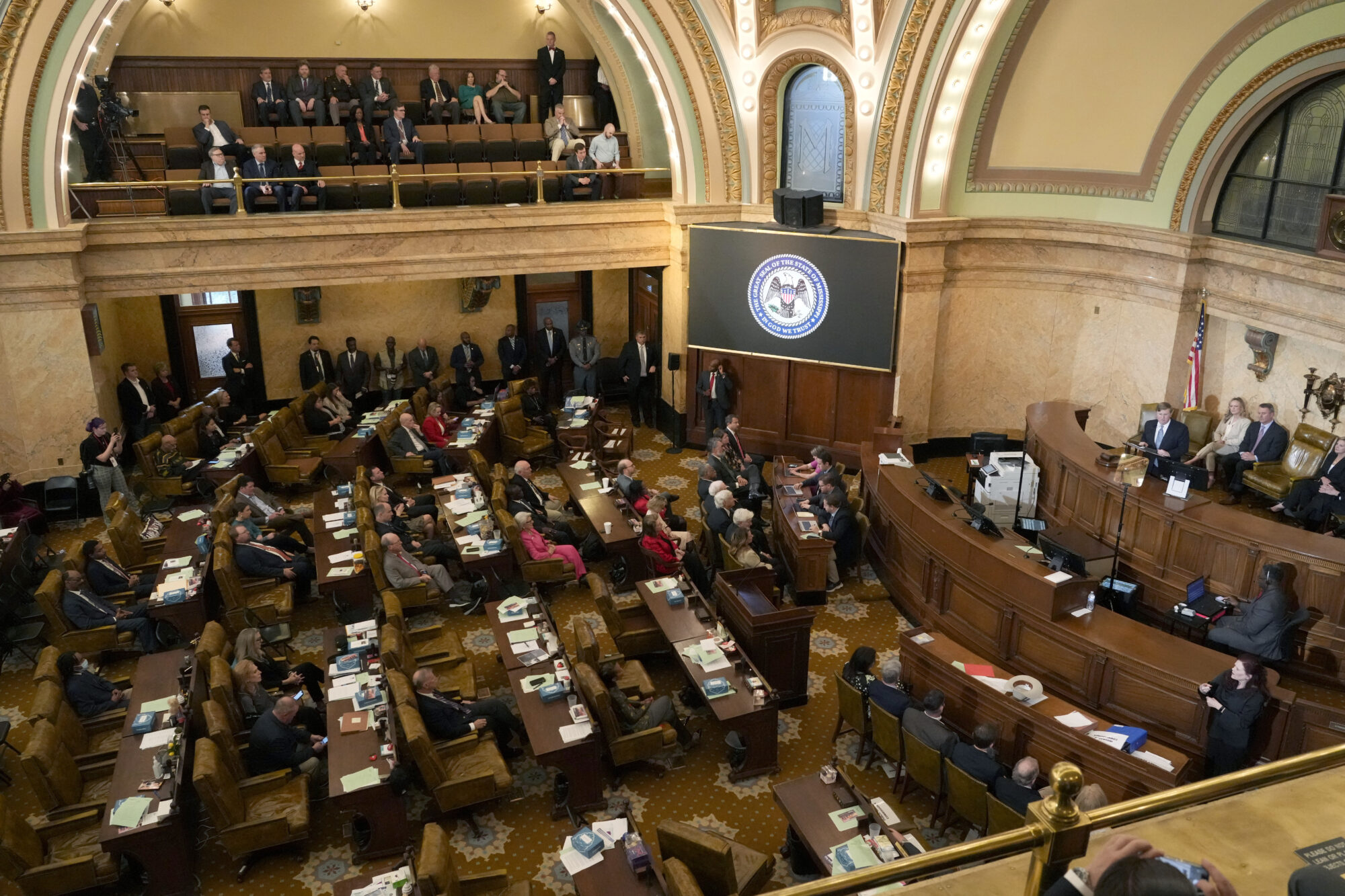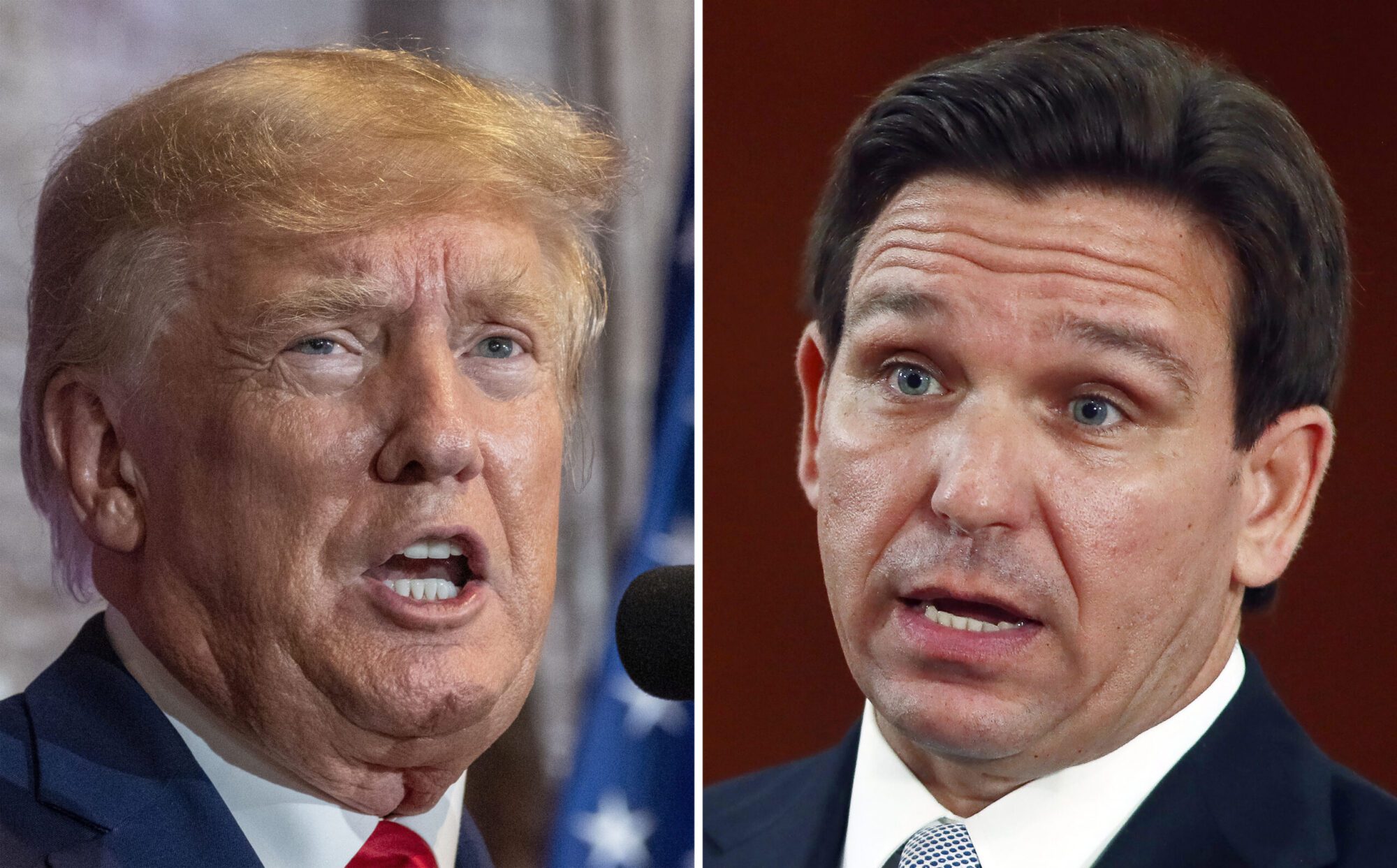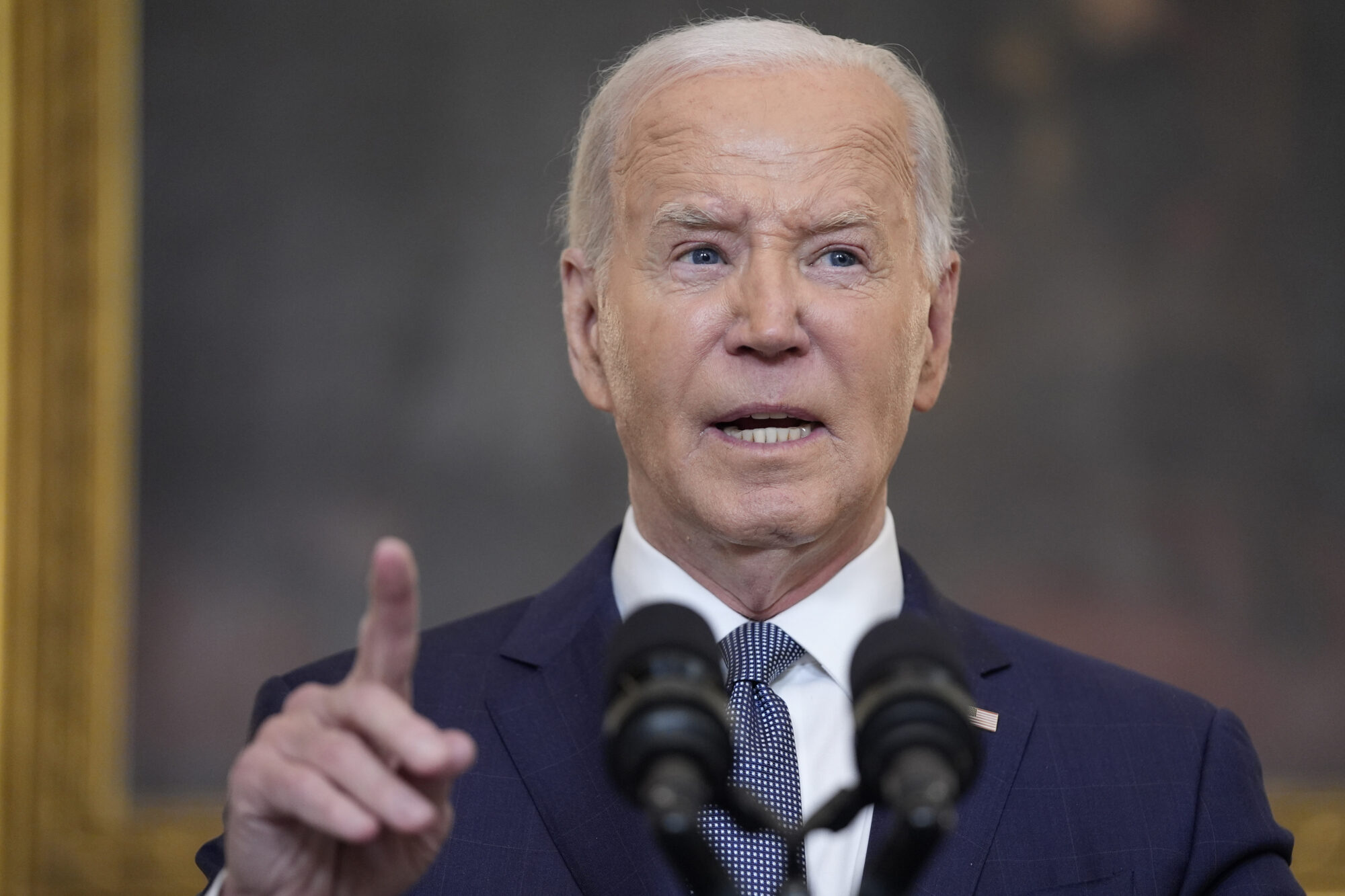
by Sid Salter
After much prime time buildup, Trump announced Monday night his nomination of U.S. Court of Appeals Judge Brett Kavanaugh to the nation’s highest court to succeed the retiring Presiding Justice Anthony Kennedy.
Kavanaugh’s nomination comes about 18 months after Trump’s successful nomination of former Tenth U.S. Circuit Court of Appeals Judge Neil M. Gorsuch of Denver to the U.S. Supreme Court to succeed the late Presiding Justice Antonin Scalia.
The similarities between Republican President Donald Trump’s nominees to the U.S. Supreme Court are somewhat obvious. Both are young – Gorsuch is 50, Kavanaugh is 53. Both were raised in the Catholic faith, although Gorsuch would later join the Episcopal Church as an adult.
Both were graduates of the Jesuit-run Georgetown Preparatory School in North Bethesda, Maryland. Gorsuch earned a law degree from Harvard while Kavanaugh earned his law degree from Yale. Both clerked at the U.S. Supreme Court for Justice Kennedy.
Gorsuch won an 11-9 party line approval by the Senate Judiciary Committee on the way to a full Senate confirmation by a 54–45 vote, with three Democrats voting with the GOP.
It’s highly unlikely that Kavanaugh’s confirmation process will go as smoothly as Gorsuch’s.
Part partisan soap opera and part political kabuki performance, Senate judicial confirmation hearings are complex events that usually have precious little to do with the qualifications of the nominee to serve on the federal bench.
As noted when Gorsuch faced the same process, judicial confirmation hearings are almost always opportunities for the small number of judicial issues that have both major media interest and big lobbies either in favor or against them to engage in ideological warfare with a large audience.
Those issues frequently include gun rights, reproductive rights, LGBTQ rights, and religious rights. But no issue draws more political fire — pro or con — than abortion rights or more succinctly the Roe v. Wade decision.
From the right or the left, from Republican or Democrat, no single legal posture matters more in judicial confirmation than the nominee’s past record, prior public pronouncements, or in the absence of those, accusations and/or speculation on the nominee’s position on Roe v. Wade.
Since Gorsuch was replacing the reliably conservative Justice Scalia, his confirmation drew opposition from the left and from the usual pro-choice groups and individuals. But Gorsuch made a relatively small political target on the abortion question. The Colorado judge had written little to nothing on the issue of abortion or Roe v. Wade — making an effective attack by his partisan opponents difficult.
Far more attention was paid to the GOP decision to deny a confirmation hearing or a Senate vote to former Democratic President Barack Obama’s Supreme Court nominee Merrick Garland. Obama had nominated Garland to succeed Scalia.
But Kavanaugh is replacing Justice Kennedy, who had long been the high court’s swing vote on a number of social issues. Unlike Kennedy, Democrats, pro-choice groups and the pro-choice lobby perceive Kavanaugh as a “sure-thing” vote against Roe v. Wade – and hence his confirmation process will be nothing short of a partisan political firestorm.
Another key difference in Gorsuch and Kavanaugh is the fact that unlike Gorsuch, Kavanaugh has an extensive background in partisan Republican politics. He served in the Office of Independent Counsel under Ken Starr investigating former President Bill Clinton, the Vince Foster probe, and wrote recommending impeachment of Clinton.
Kavanaugh later took part in the Florida recount in 2000 on behalf of the George W. Bush campaign. He later served on Bush’s White House staff.
In short, Kavanaugh represents for Senate Democrats a much harder partisan target than did Gorsuch based on his past political activities. That fact, plus the fact that Kavanaugh would be replacing the moderate Justice Kennedy as a right-of-center conservative, will make his confirmation path far more difficult than that which Gorsuch successfully traversed.











